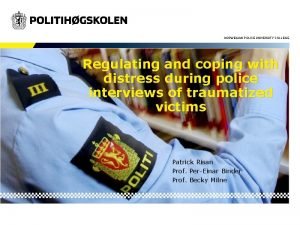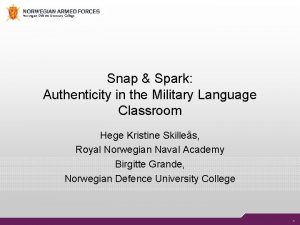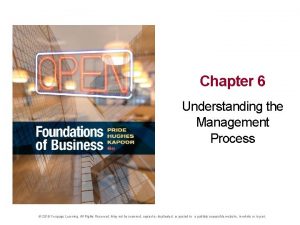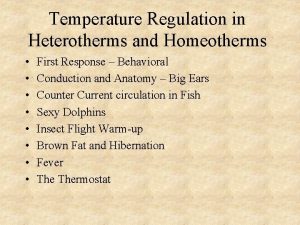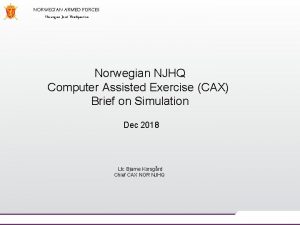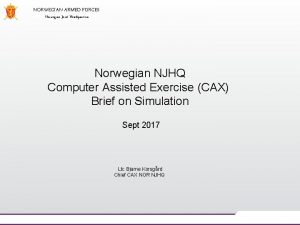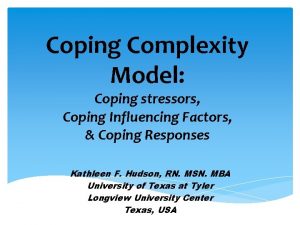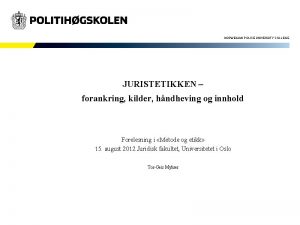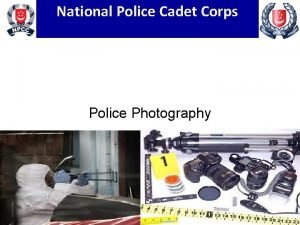NORWEGIAN POLICE UNIVERSITY COLLEGE Regulating and coping with









- Slides: 9

NORWEGIAN POLICE UNIVERSITY COLLEGE Regulating and coping with distress during police interviews of traumatized victims Patrick Risan Prof. Per-Einar Binder Prof. Becky Milne

NORWEGIAN POLICE UNIVERSITY COLLEGE Project aim • Explore what police interviewers experience as important and useful in the process of developing and maintaining rapport with traumatized interviewees. • All the participants in the study carried out investigative interviews of victims following the massacre on Utøya Island at the 22 nd of July 2011 in Norway where 564 people were present and 69 were killed. 25. 09. 2020 • Side 2

NORWEGIAN POLICE UNIVERSITY COLLEGE Research question What do the police investigators regard as useful approaches to regulating distress, maintaining rapport and promoting the well-being of the interviewee? 25. 09. 2020 • Side 3

NORWEGIAN POLICE UNIVERSITY COLLEGE Method • Sample • N=21 (12 f/9 m) • Inclusion criteria: KREATIV • The participants interviewed approximately 150– 170 victims in the Utøya case • Semi structured interviews (Kvale and Brinkmann , 2009) • The interview guide was divided into two parts where the first emphasized interviewing traumatized interviewees in general and the second targeted the Utøya case • The interviews were conducted between February and September 2013 25. 09. 2020 • Side 4

NORWEGIAN POLICE UNIVERSITY COLLEGE Analysis • Explorative-reflexive thematic analysis (Binder, Holgersen & Moltu, 2012) • Nvivo 10 • Identify and assign meaning codes for content units • Group meaning codes with regard to capturing different aspects of the participants’ experience • Summarize groups as themes considered important in relation to the research question 25. 09. 2020 • Side 5

NORWEGIAN POLICE UNIVERSITY COLLEGE Results 1. Becoming aware of the interviewees’ capacity to cope with distress by attending to non-verbal cues 2. Interviewers communicating acceptance and modelling how to cope with painful emotions 3. Regulating distress by responding to the interviewees’ emotional needs, helping them feel safe and promoting the positive 25. 09. 2020 • Side 6

NORWEGIAN POLICE UNIVERSITY COLLEGE Implications • Perceive and accommodate interviewees’ emotional activation, do not avoid • Regulate distress to build tolerance • Building tolerance for emotions may facilitate communication and have positive effects on the interviewees’ well-being (e. g. through a sense of agency/mastery/coping, reappraisal of memory) 25. 09. 2020 • Side 7

NORWEGIAN POLICE UNIVERSITY COLLEGE Limitations of the study • Sample bias? We do not know how many declined to participate • Generalizability to • the totality of Utøya interviews? • everyday work? • Reflexivity: Interpretative elements and double-hermeneutics • Timing of investigative interviews and research interviews 25. 09. 2020 • Side 8

NORWEGIAN POLICE UNIVERSITY COLLEGE References • Binder, P. -E. , Holgersen, H. , & Moltu, C. (2012). Staying close and reflexive: An explorative and reflexive approach to qualitative research on psychotherapy. Nordic Psychology, 64(2), 103 -117. • Kvale, S. , & Brinkmann, S. (2009). Interviews: Learning the craft of qualitative research interviewing (2 nd ed. ). Los Angeles, California. : Sage. • Risan, P. , Binder, P. E. , & Milne, R. J. (2016). Regulating and coping with distress during police interviews of traumatised victims. Psychological Trauma: Theory, Research, Practice, and Policy. 25. 09. 2020 • Side 9
 Norwegian police university college
Norwegian police university college Norwegian defence university college
Norwegian defence university college University college of norwegian correctional service
University college of norwegian correctional service Ethiopian police university college logo
Ethiopian police university college logo Understanding the management process
Understanding the management process Homeotherms and heterotherms
Homeotherms and heterotherms Regulating body temperature
Regulating body temperature Fasting plasma glucose concentration
Fasting plasma glucose concentration Regulating body temperature
Regulating body temperature Section 10-3 regulating the cell cycle
Section 10-3 regulating the cell cycle
